Prince Edward Island, often referred to as the “gentle island”, is Canada’s smallest province with a population of just under 150,000. What it lacks in size it certainly makes up for in stunning coastline, beautiful beaches, friendly residents, and notably, some of the most attractive oceanfront properties in Canada.
PEI is home to some of Canada’s most incredible real estate, yet there is only so much to go around with limited space on the island. Its scenic appeal also means that those from outside the province would want to buy up much of the premium land to use in the summer months. Thus, Islanders knew they needed to protect their real estate from being bought out from under them, in a way that didn’t deter tourism and investment as a whole. They knew that foreign investment was good, but not at the expense of the people who live there – sound familiar, Vancouver?
What many people do not realize is that unlike many other provinces that have been squabbling for, or against foreign buyer regulations, Prince Edward Island has had stiff regulations on not only foreign buyers, but also out of province buyers for many years. These regulations arose due to the need to protect real estate against absentee owners when interest from out of province buyers increased.
This regulation comes in the form of the Land Protection Act, which limits any non-resident of the province to 5-acres of land or 165 feet of shoreline. By setting this limit, the province can essentially keep non-residents to smaller lots and vacation type properties where they cannot exhibit a significant amount of control over real estate in the area.
In order to acquire more than this limit, a buyer must qualify as a permanent resident. An amended version of the law now classifies a permanent resident as someone resides in the province for 365 days over 24 months, as opposed to 183 days over 12 months. The bottom line is that if you plan on buying property in PEI over the specified limits, you’d better be ready to call it your home for the long haul.
“I definitely think that if these and other regulations were not in place, you’d see the island be bought up very quickly,” said Kenny Singleton, owner of PEI Dream Cottages and PropertyGuys.com franchise owner for the Island. “We would be in more of a position that you see in other parts of the country, where international buyers are coming in, and locals can’t compete with the amount of capital that they have when it comes to buying real estate,” he continued.
By most accounts this legislation has been successful in deterring a large amount of absentee land owners, while also not overly hindering immigration and tourism. PEI is a bustling tourist destination, an attractive immigration destination (boasting the fourth highest immigration rate in the country) and has the second lowest housing price in Canada, despite a 17.9 per cent jump between June 2015 and June 2016.
The fact that there are fairly robust regulations to begin with should be applauded. This kind of proactive approach is something that both governments in Vancouver and Toronto should be looking at. It’s true that you don’t want to discourage investment,
however there should be measures to keep housing affordable for residents and encourage people to become permanent residents and contribute to the local economy, and discourage those looking for flight to safety and absenteeism.
Although the circumstances in PEI are different, their willingness to decisively take action on housing should set an example for the rest of the country which seems to be holding back on tackling housing issues or making ineffective moves for the sake of politics.
While many pundits spin on what kind of legislation should be brought into place or what to model a plan for in Vancouver in Toronto, the regulation in Prince Edward Island has yet to be mentioned. Of course it is not a large urban area like Vancouver or Toronto, but it does work to address some of the key issues plaguing those areas and deserves recognition for protecting its residents from a potential housing bubble and soaring prices.
Have a story idea, comment or want to be a contributor? Connect with us at welcomemat@propertyguys.com today!
Author:
 Chris Steeves
Chris Steeves
Chris is an editor and writer for Welcome Mat. He is based out of Moncton, New Brunswick, Canada.










